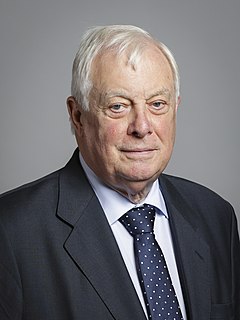A Quote by Paul Keating
What we have to do is make our way in Asia ourselves with an independent foreign policy. Our future is basically in the region around us in South East Asia.
Related Quotes
Over the past eight years, the United States has worked hard to deepen partnerships across the region and across South-east Asia in particular. We're now a part of the East Asia Summit and we have a strategic partnership with Asean. At the US-Asean Leaders Summit I hosted earlier this year in Sunnylands, California, we agreed to a set of principles that will shape the future peace and prosperity of the region, from promoting innovation and furthering economic integration to addressing transnational challenges like global health security and climate change.
Our Pakistan elites are spoiled by permanent foreign aid and therefore find it difficult to change course. Pakistan needs someone who stands up and says: Fundamentalism is bad, capitalism is good. This region harbors enormous potential. Pakistan could become the hub for the energy that is transported from Central Asia to South Asia. That could change the whole region.
We welcome the Obama administration's policy called the 'pivot to Asia' because it is a contributing factor to the safety and peace of the region. I think this pivot policy is playing an indispensable role in enhancing the deterrence of the U.S.-Japan alliance as well as ensuring peace and security in the Asia-Pacific region.
There are many reasons that universities in East Asia have not reached the positions that they had hoped for. After all, we must remember that modern East Asia did not begin with Confucius. In fact the experience of modern education in East Asia is relatively short and granted that time scale, many universities are doing fine.

































